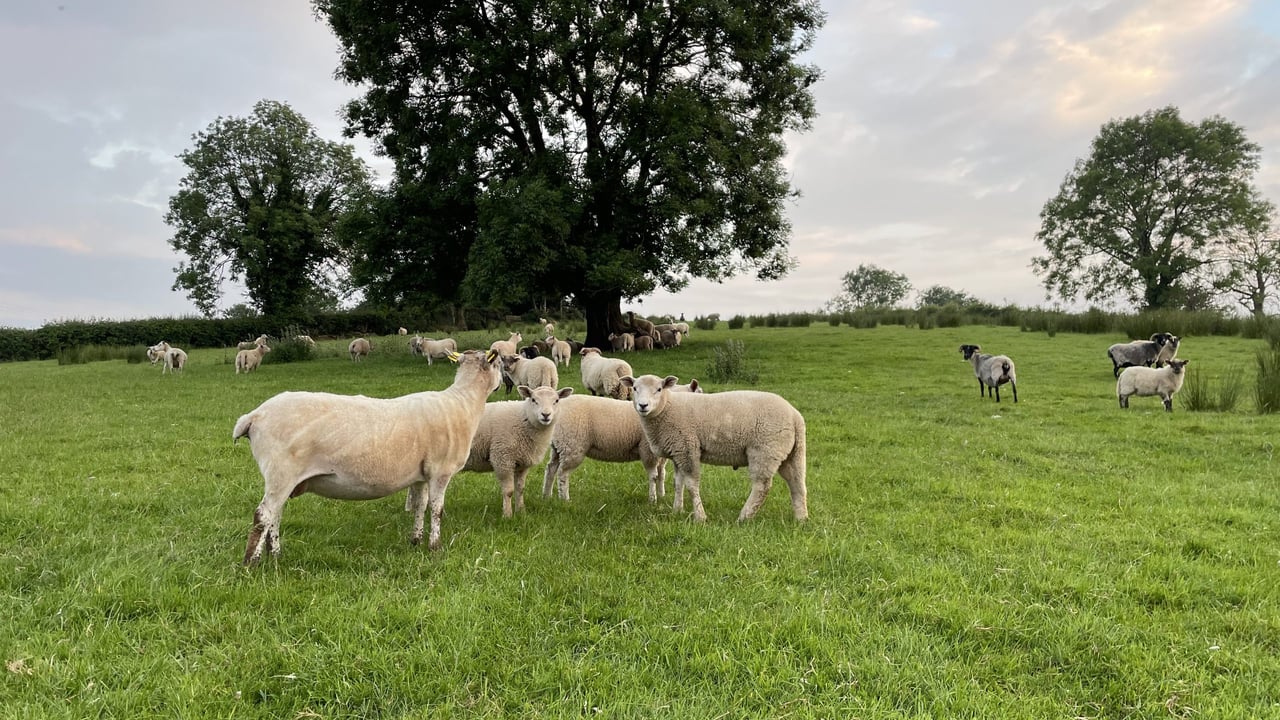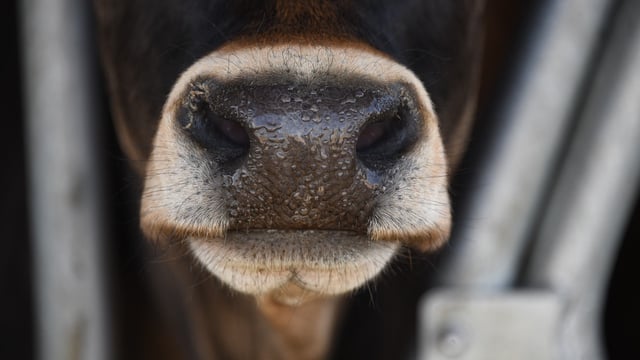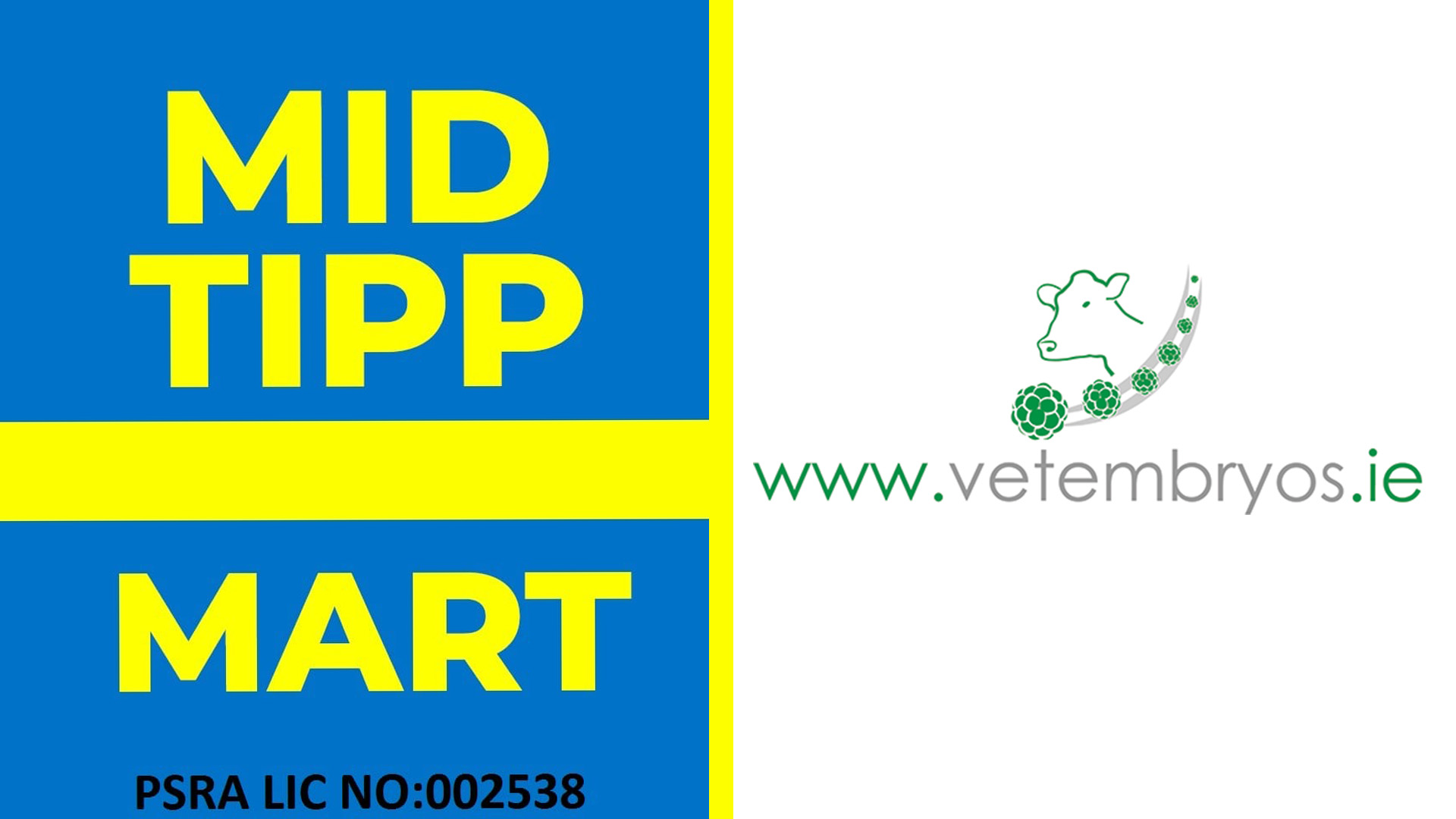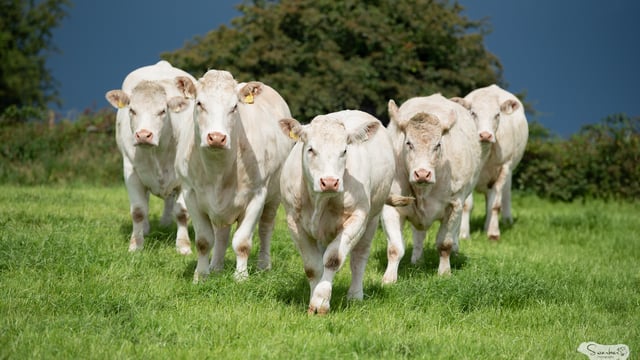Explainer: What farmers need to know if a dog attacks their livestock
Dog worrying or attacks on livestock can have devastating impacts for farms.
Farmers continue to call for improved legislation on dog control, with a dedicated stakeholder group to bring forward recommendations this year on policy and legislative change.
It is important that farmers are aware of their current rights and responsibilities if such an event like a dog attack unfortunately does occur on their land.
Farmers can legally shoot a dog that is worrying or attacking their livestock.
The Control of Dogs Act, 1986 outlines:
It shall be a defence to any action for damages against a person for the shooting of a dog, or to any charge arising out of the shooting of a dog, if the defendant proves that -
- (a) the dog was shot when it was worrying, or was about to worry, livestock and that there were no other reasonable means of ending or preventing the worrying; or
- (b) (i) the dog was a stray dog which was in the vicinity of a place where livestock had been injured or killed, and
- (ii) the defendant reasonably believed that the dog had been involved in the injury or killing, and
- (iii) there were no practicable means of seizing the dog or ascertaining to whom it belonged; and
- (c) he was the person in charge of the livestock; and
- (d) he notified, within 48 hours, the member in charge at the nearest garda station to the place where the dog was shot of the incident.
The Control of Dogs Act 1986 outlines that the owner of a dog can be liable for damage caused to livestock.
"The owner of a dog shall be liable in damages for damage caused in an attack on any person by the dog and for injury done by it to any livestock; and it shall not be necessary for the person seeking such damages to show a previous mischievous propensity in the dog, or the owner's knowledge of such previous propensity, or to show that such injury or damage was attributable to neglect on the part of the owner."
The law also outlines that if a dog worries livestock, "the owner or any other person in charge of the dog shall be guilty of an offence".
This is the case, unless it is established that "at the material time the dog worried the livestock for the purpose of removing trespassing livestock and that having regard to all the circumstances the action was reasonable and necessary".
The Irish Farmers' Association (IFA) has a 10-point plan for farmers in place for a number of years, a protocol aimed at helping sheep farmers who encounter a dog attack on their flock.
The IFA advises that if a farmer encounters a dog attack on sheep, the first priority must be to stop the attack immediately.
The association urges farmers to notify gardaí if they have shot a dog.
"It is important that the owner of the sheep would report the incident in full, make an official complaint and request that a full investigation is undertaken and report filed," the IFA said.
"In addition, the farmer should request a site visit from the garda."
The IFA also said farmers should make immediate contact with the local dog warden and the full details reported with a request for a site visit and full report to be filed.
Farmers should also contact a vet to request a visit to inspect the flock after any incident.
"The farmer should ask the vet to write a brief report recording the important statistics such as the numbers dead, those severely injured and those treated. This report is vital evidence on the case," the IFA said.
Farmers should also take pictures of any dead livestock, injuries, dead dogs, and keep them as evidence. All dead sheep must then be disposed of and recorded into the knackery.
The IFA advises farmers to contact their local auctioneer or valuer and have any dead sheep valued on the spot and any other losses documented.
The IFA said it is very important that farmers contact their insurance company to notify of any dog attack as soon as possible.
At a meeting of the Oireachtas Joint Committee on Agriculture and Food this summer, members of the National Association for Regional Game Councils (NARGC) urged politicians to consider legislation currently in place.
John Butler of the NARGC said that while a landowner is allowed to dispatch a dog worrying sheep, sometimes they may not have the facility to do so.
"They should be able to call on a local gun club member or a local licence holder to do it on their behalf," Butler said.
"We would like to see this acknowledged as part of the legislation and included as part and parcel of it."
Dan Curley of the NARGC added that changing the legislation could "allow the farmer to get a gun club member down the road who may have a far more powerful rifle".
"The member may shoot deer or foxes and would have the necessary equipment to do it far better," Curley said.
"The average farmer might only have a shotgun, with which someone would have to get within 30 or 40 yards of a dog to dispatch it. It would only be a small amendment but it could be an important one."
On June 1, 2025, all policy and legislative responsibility for the Control of Dogs Acts transferred to the Department of Agriculture, Food and the Marine (DAFM) from the Department of Rural and Community Development and the Gaeltacht.
Local authorities retain responsibility for all operational, implementation and enforcement matters under the acts.
Minister for Agriculture, Food and the Marine, Martin Heydon said that a high-level stakeholder group was established in 2024 to consider policy and legislative matters currently under the remit of his department, specifically the Dog Control Acts and the Dog Breeding Establishments Act.
"The stakeholder group’s remit includes considering the need for legislative change," the minister said.
"This requires in-depth analysis and consultation to ensure amendments are not just robust, fit for purpose and implementable but that they also deliver the best outcomes for communities.
"I expect the group to revert to me with recommendations on the matter in due course, and I look forward to receiving the recommendations of the group."





